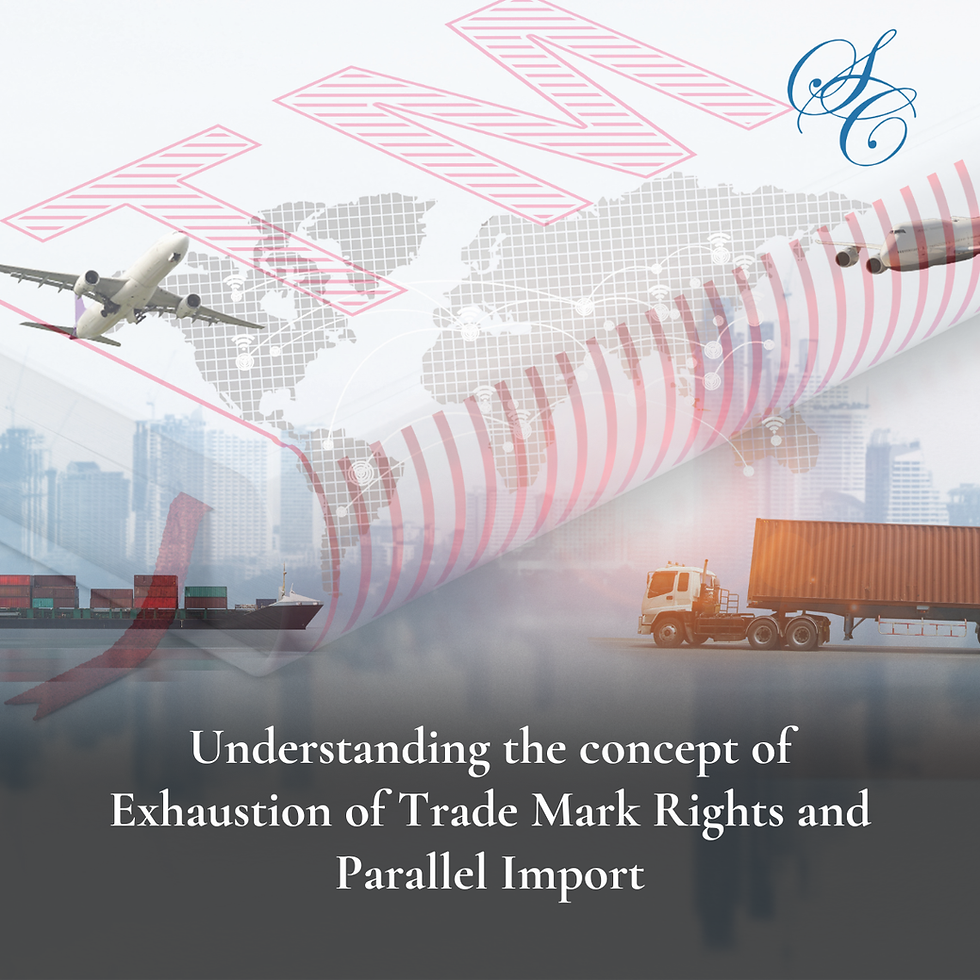In Contrast to the US, India Gives Musicians Stronger IP Protection Against Use of Songs in Politica
- Sarwajeet Singh
- Nov 26, 2018
- 2 min read
The Trump campaign’s use of Rihanna’s ‘Don’t Stop the Music’ at a political rally was, ironically, met with cease and desist demands. Although POTUS eventually acceded, many commentators felt that the singer’s demands may have had weak legal footing. Since venues booked by the Trump campaign likely owned blanket performance licenses, their use of the singer’s music was possibly authorized to begin with. While the fine print of the performance license would have determined liability in the US – in India, it wouldn’t have mattered. Rather, in India, an artist would have a more straightforward claim to injunctive relief. This post explains why.
The Berne Convention recognizes that besides copyright, an artist has a right against acts done on and in relation to his work that harm his reputation. Such rights are widely known as an artists’ moral rights. Both India and the US recognize these rights, which can neither be licensed, nor assigned. Consequently, a debate ensued on its limits. Predictably, licensing businesses wanted protection from unforeseeable liabilities. For obvious reasons, it was agreed that the failure to display a work to the author’s satisfaction would not impinge his moral rights. However, a more debatable limitation was also considered – is it possible for a licensing company to get an artist to waive his moral rights? While the US legislated to the affirmative in the 1990s by introducing the Visual Artists Rights Act of 1990 (VARA), the Indian government is yet to take a stand. Until it does, the answer to whether moral rights waivers are enforceable in India would be dictated by courts.
In India, you can waive the right to be protected by a law preserving your private rights or interests. You cannot, however, waive the right to be protected by a law that protects public interest along with your private interests. While some jurisdictions recognize the right against harm to one’s reputation as entirely a private right, India does not. Rejecting a constitutional challenge to India’s criminal defamation law in May 2016, the Indian Supreme Court acknowledged that although reputation is akin to private property, laws meant to protect reputation are, in fact, meant for public good. See: Subramanian Swamy v. Union of India, decision dt. May 13, 2016 in WP (Criminal) 184/2014. Thus, courts in India would likely consider the protection of an author’s moral rights as a matter of public interest, and consequently, “moral rights waiver” provisions in agreements to be unenforceable.
Since the Indian Supreme Court has acknowledged that laws meant to protect reputation are meant for public good, licensing businesses would find it difficult to enforce moral rights waiver clauses before civil courts. If an artist can show that a political campaign harmed his reputation by using his music, he would likely get injunctive relief – even if he waives moral rights in writing by license.




Comments